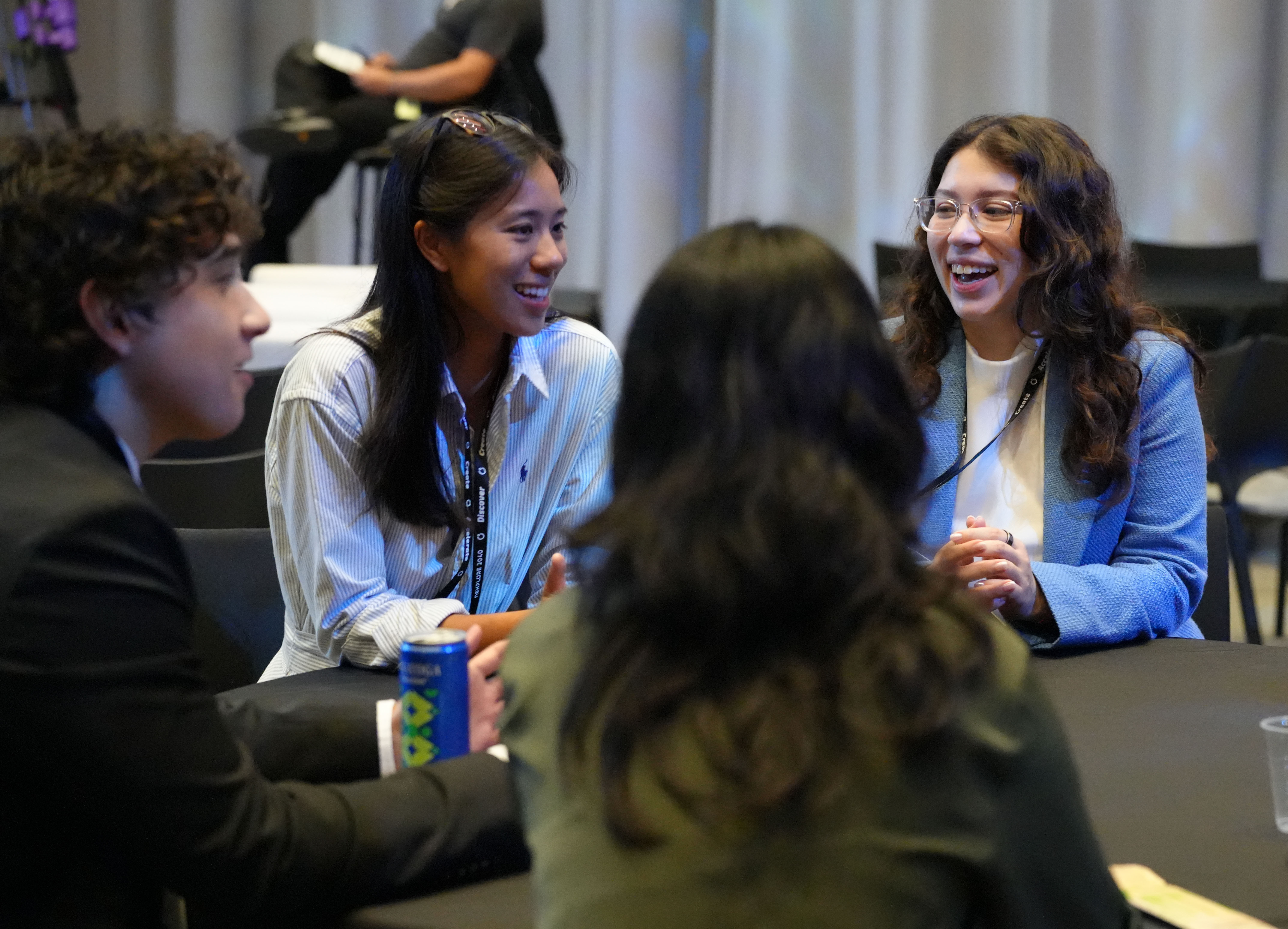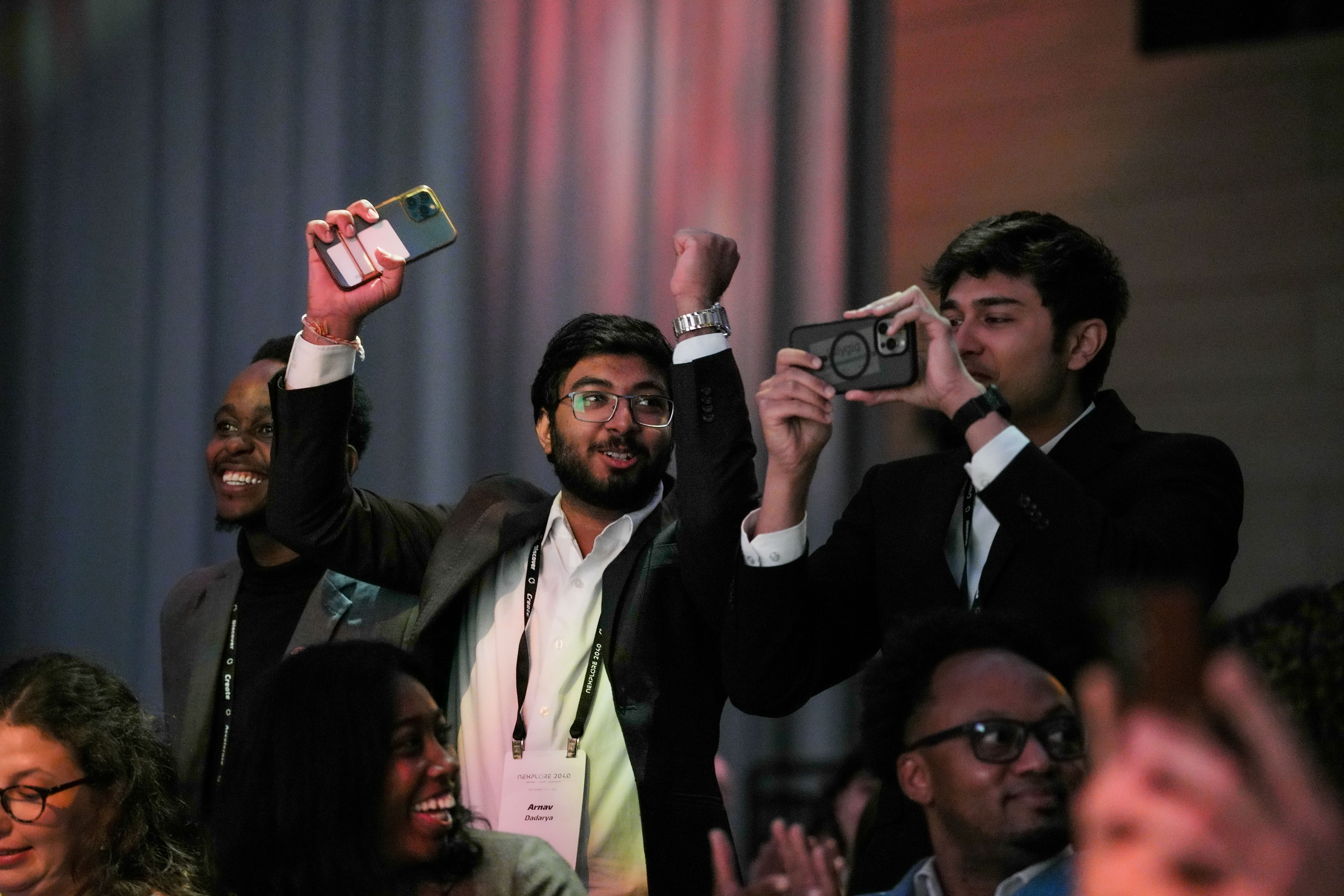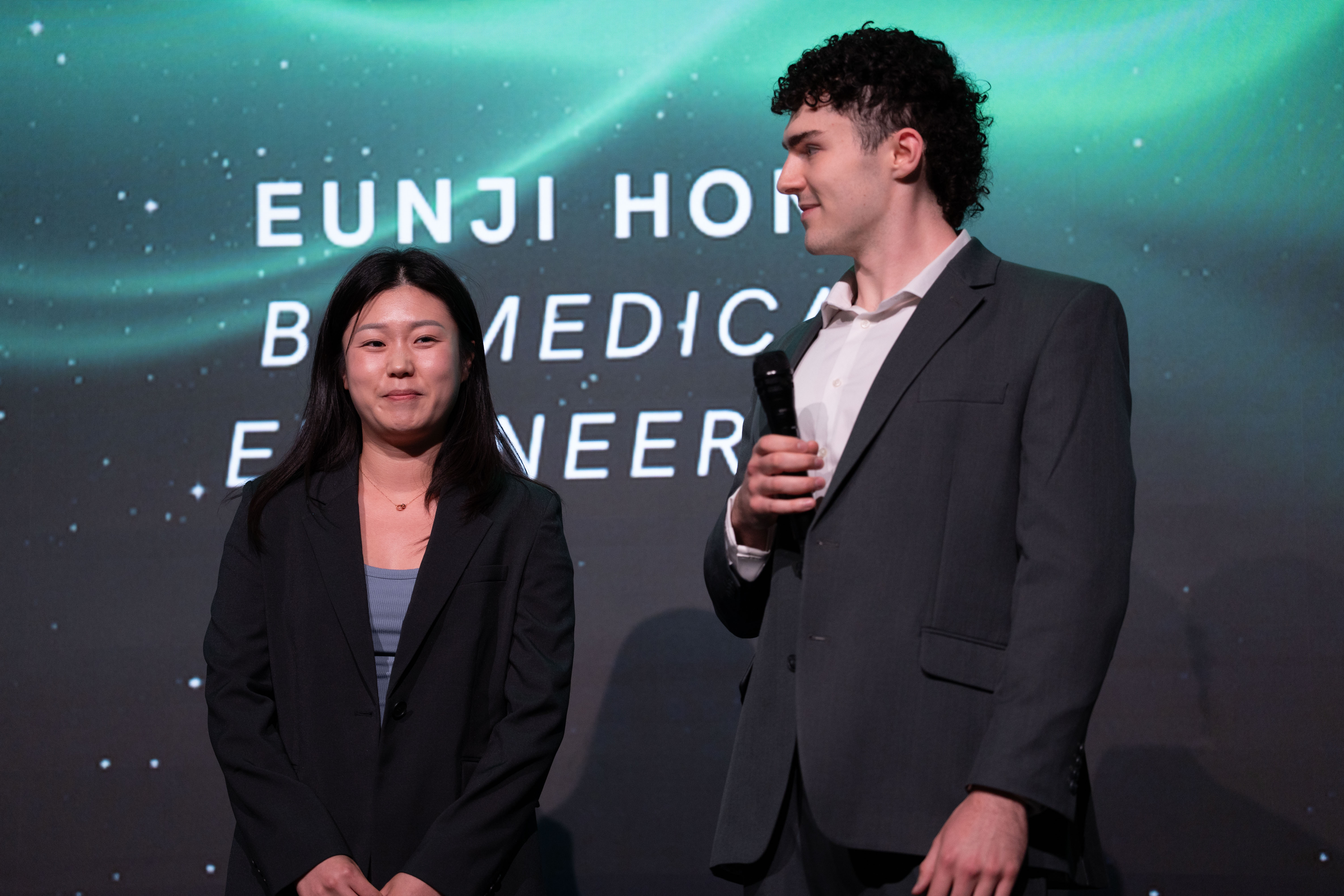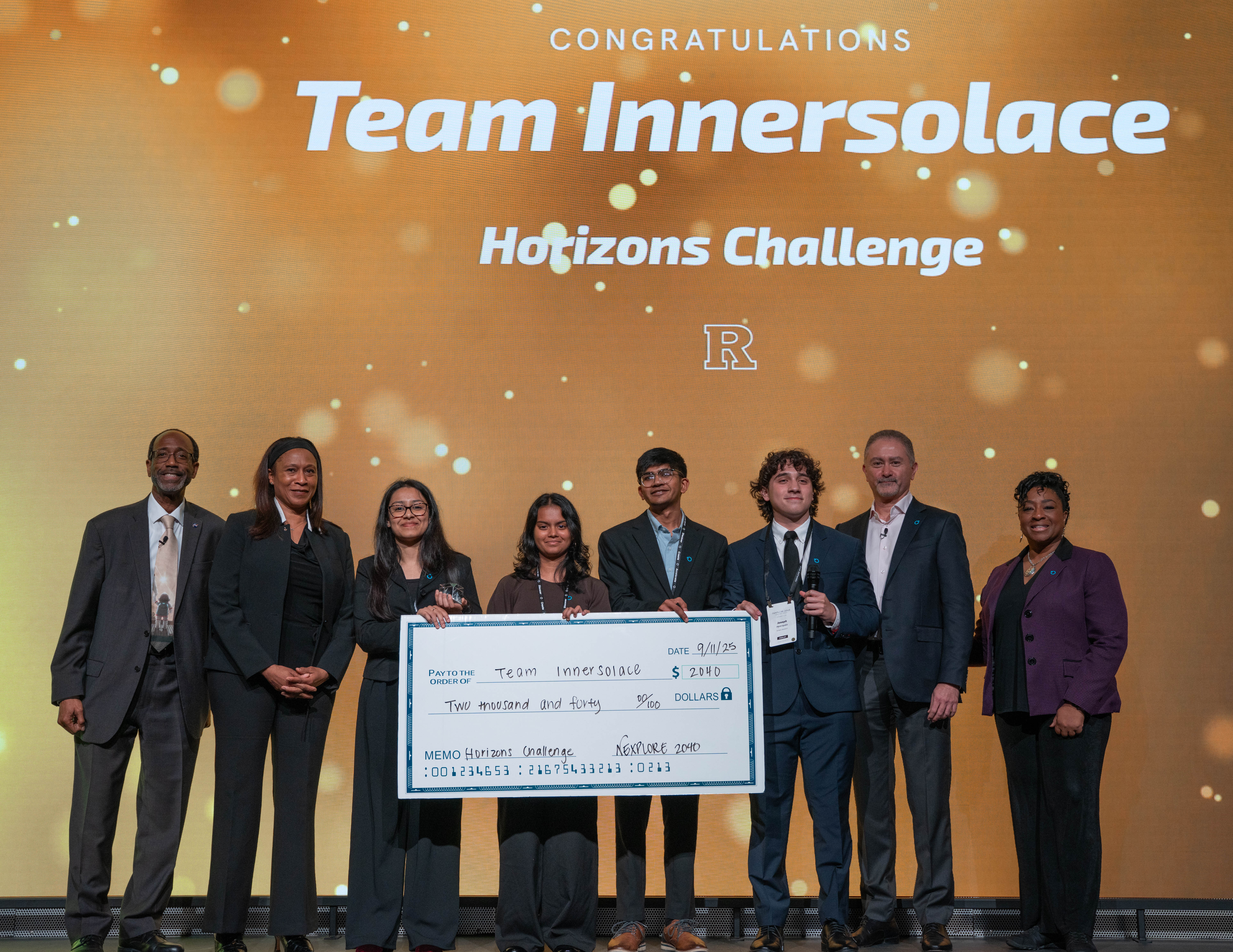Why participate
$2,040 prize
Receive a $2,040 cash prize.
Meet with Xperts
Pitch your ideas to industry leaders, founders, and CXOs and get actionable feedback to sharpen your thinking.
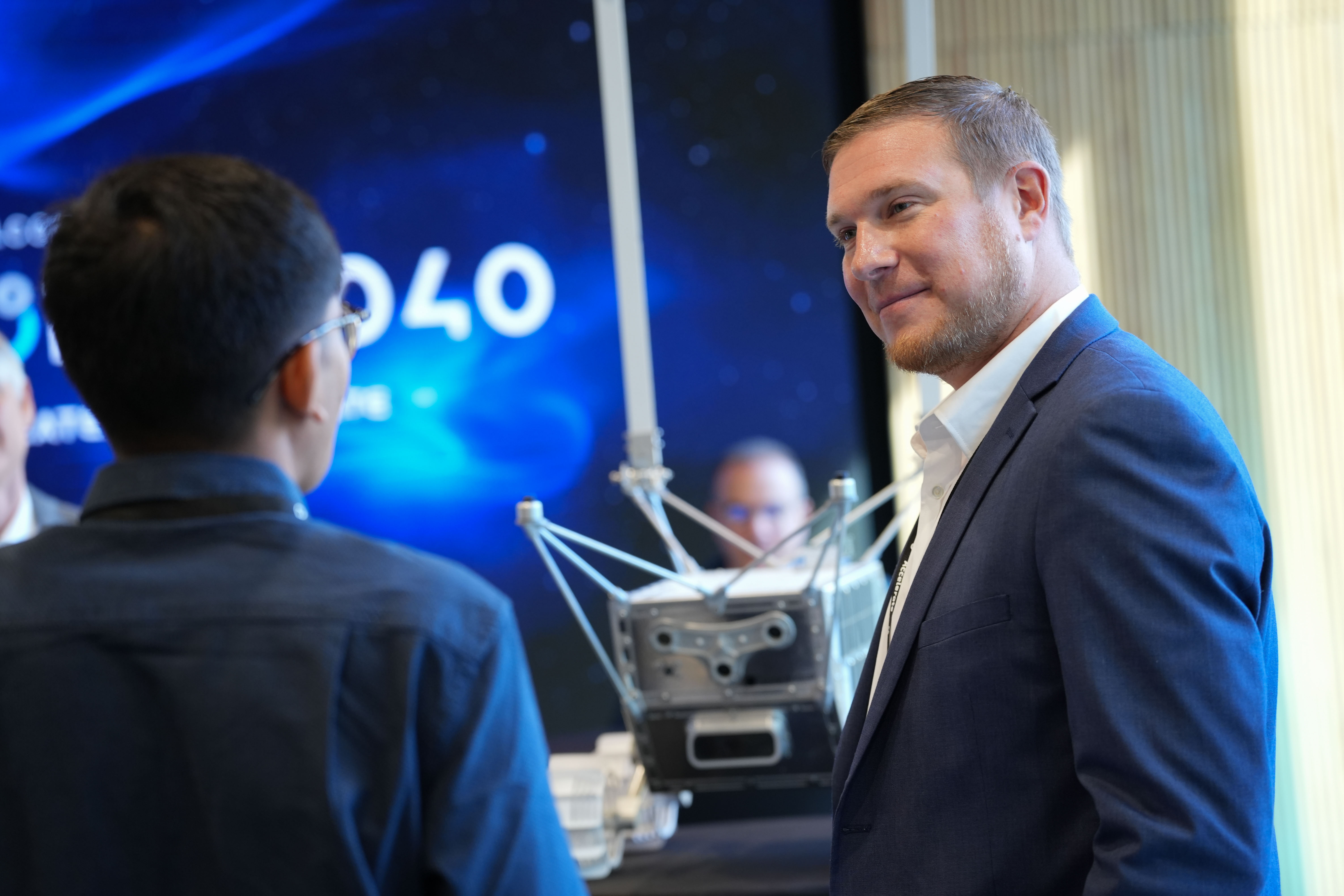
Shape what comes next
Define the next Xperience competition, turning their research into the real-world challenge future teams will build ventures around.
Get recognized
Earn official finalist or winner badges to showcase on your LinkedIn and resume.
.png)
